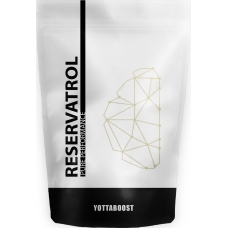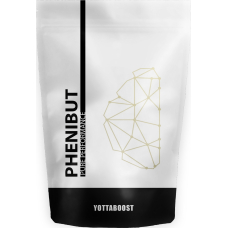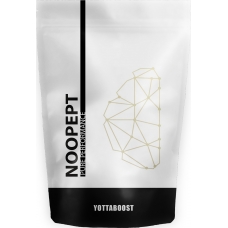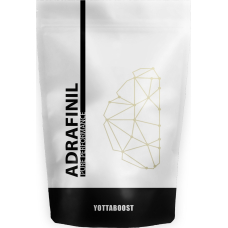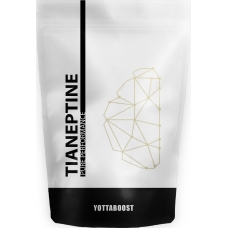Resveratrol
- Product Code: XNS170
- Availability: In Stock
-
From 4.95€
Capsules 50mg
Capsules 100mg
Capsules 250mg
Resveratrol is commonly known as the swiss army knife of dietary supplements for general health. As such, it is believed to prolong life because of its alleged ability to improve the metabolism and prevent heart disease. It is found in natural foods such as in the skin of grapes and a few types of berries. Resveratrol is a stilbenoid, a type of phenol that plants for example produce to protect themselves after injury or when being plagued by bacteria or fungi.
Resveratrol’s most controversial ability is the prevention of cancer in humans. Finding a cure for or a defence against cancer is most desirable for scientists around the world. Epidemiological data has shown that there is a significant correlation between cancer and the average human diet across different countries. That is one of the reasons why, among other, scientists focus on natural occurring substances that may someday remedy cancer. Resveratrol especially, has a proven effect in helping to reduce development of carcinomas due to its antioxidant activity. Foods and substances that have cancer preventing properties include green tea, soy, pomegranate, vitamin E, vitamin D, curcumin and of course Resveratrol. Resveratrol has been proved to be effective in many types of cancer. A trial on mice with lung cancer has shown that Resveratrol was able to significantly reduce the tumor volume by 42%, tumor weight by 44% and metastatic potential by 56% [1].
Resveratrol itself is found in the skin of grapes, peanuts, and a few types of berries like raspberries. The highest concentration of resveratrol is found the skin of fresh grapes, containing up to 0,1mg of Resveratrol per gram of fresh grapes. That is why red wine and grape juice contain relatively high amounts of Resveratrol. A bottle of red wine for example that contains 500 grapes, with each grape weighing in at approx. 5 grams, the production of a bottle of wine processes 2,5kg of grapes. Multiplying that with the concentration per grape, a bottle may contain as much as 250mg of Resveratrol.
It is ubiquitously claimed that a glass of wine a day can extend life expectancy or at least reduce the risk of a stroke or heart disease. While this seems obvious, the contrary of daily intake of wine are the toxic effects of alcohol and the risk of alcoholism, since it affects the reward system in the brain by raising dopamine levels. However, the concentration of Resveratrol in wine suggests that it indeed is able to contribute in preventing heart diseases. Questionable are the side effects of long-term consumption of wine.
In 2012, the american journal of cardiology published an article on the positive effects that Resveratrol had in patients at high risk of cardiovascular disease due to improved inflammatory and fibrinolytic status [2]. Subjects administered grape nutraceuticals with a high concentration of Resveratrol had better results 1 year after first administration. Resveratrol therefore may, in future, complement therapy in the primary prevention of cardiovascular disease.
Resveratrol also comes into question as an adjunct to the pharmacological treatment of type 2 diabetes mellitus [3]. Factually backed by a meta-analysis including six different studies with collectively over 240 subjects concluded, that Resveratrol was able to reduce systolic blood pressure significantly with probands administering over 150mg per day [4] while it does not affect diastolic blood pressure to the same extend.
Effects
Reduces systolic blood pressure
Reduces development of carcinomas
Reduces risk of cardiovascular disease
Dosage
The dosage highly depends on the purpose for supplementing Resveratrol and can range between 50mg to 1000mg per day.
Subjects in trials on the prevention of cardiovascular diseases used doses of up to 100mg per day.
Subjects in trials on the effects of resveratrol on blood pressure administered approx. 150mg per day.
Doses of 250mg - 800mg have been used in the trials on Resveratrol’s effects on lung cancer.
Side Effects
Resveratrol has shown to be very well tolerated throughout different doses, also high doses.
References
Tags: health, heart, diabetes, prevention
Resveratrol Reviews (0)
There are no reviews for this product.
